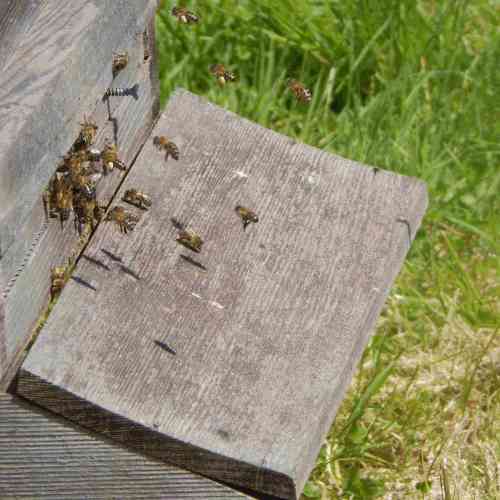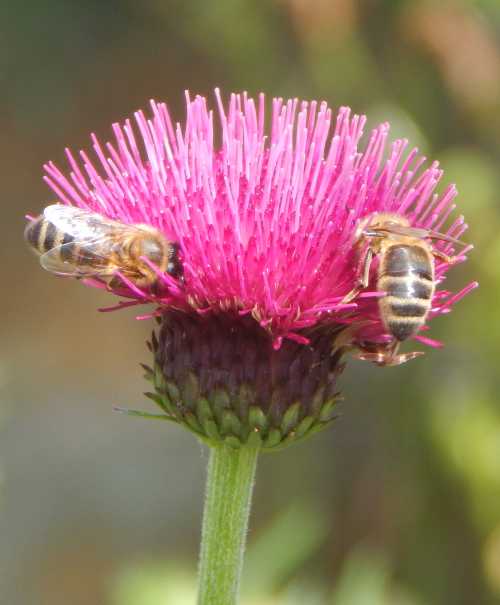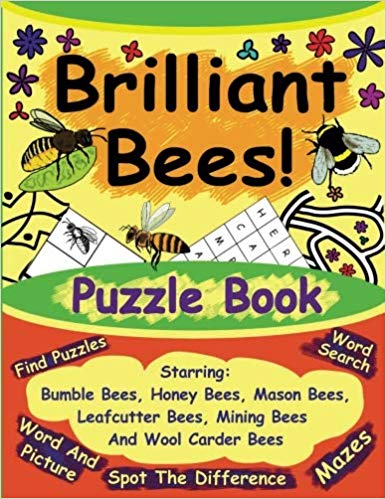12 Tips To Avoid Stings When You're A Beekeeper
Despite wearing protective clothing, it's common for beekeepers to get stung by their own bees. Honey bees sting when they perceive a threat, and you'll receive warning of this when you notice individual bees buzzing toward your face and around your head.
However, it's possible to minimize the risk of stings, by taking a few simple steps and precautions.
How Beekeepers Can Avoid Being Stung By Their Bees
1. Keep covered
It's obvious, but wear fully protective clothing at all times when around your hives. Keep your skin covered, wear long sleeves and pants and a suitable hat and veil and face covering.
2. Keep your gloves on
It's tempting to remove gloves when engaged in fiddly tasks close to the hive, but you can easily be stung. Try thick latex for extra protection with greater sensitivity, meaning you can keep your gloves on throughout.

3. Bee gentle
Gently brush all bees off clothing before removing your bee suit, and be careful not to harm bees during this process. Injuring the bees could cause bees to release an alarm signal - just as you have removed your protective clothing! A brush made from a clean feather is perfect for the task of removing bees without hurting them.
4. Wear white
Wear a white bee suit and steer away from patterned or dark suits, such as brown, dark green and patterned. It is much easier to see bees that might be concealed in folds and creases prior to removing a white or pale bee suit.
5. Fasten up
Keep fastenings on your clothing in good repair to ensure maximum protection, and where possible, opt for elasticated seams at the ends of cuffs, trousers, jackets etc.
6. Keep bees free
Choose a good quality suit with smooth fabric that won't entangle bees that land on your bee suit.
7. Keep your stuff clean
Keep your bee suit and any other clothing and accessories clean. Venom from old bee stings may attract attention from the bees.
8. Don't swat your bees!
Try not to swat the bees, and do not wave your arms around frantically. Keep calm around your bees and the hive.
9. Don't be smelly!
Bees don't like strong smells. Avoid wearing lots of scent, heavily fragrant deodorant or hairspray. It's a good idea to avoid garlic and drinking alcohol when you are around your bees too.
10. Keep bees away from people
Locate your hives away from seating areas, paths, patios and areas where there is a frequent human traffic flow.
11. Choose your timing
Check your hives when there are fewer bees 'at home'. This is typically during key foraging time during the day. Bees are more likely to be at home later in the evening and during poor weather.
12. Smoker smells
Remember to fill your smoker with appropriate natural materials that are free of chemicals and unpleasant, smelling materials that could aggravate your bees.
If, despite all these steps, you still manage to get stung, see my page on treating bee stings.
More resources:
Treating infected bee stings.
If you found this page helpful or interesting, I'd really be grateful if you would share it with others - if not this page, perhaps another, such as Gardening For Bees.
Thank you so much :) .

